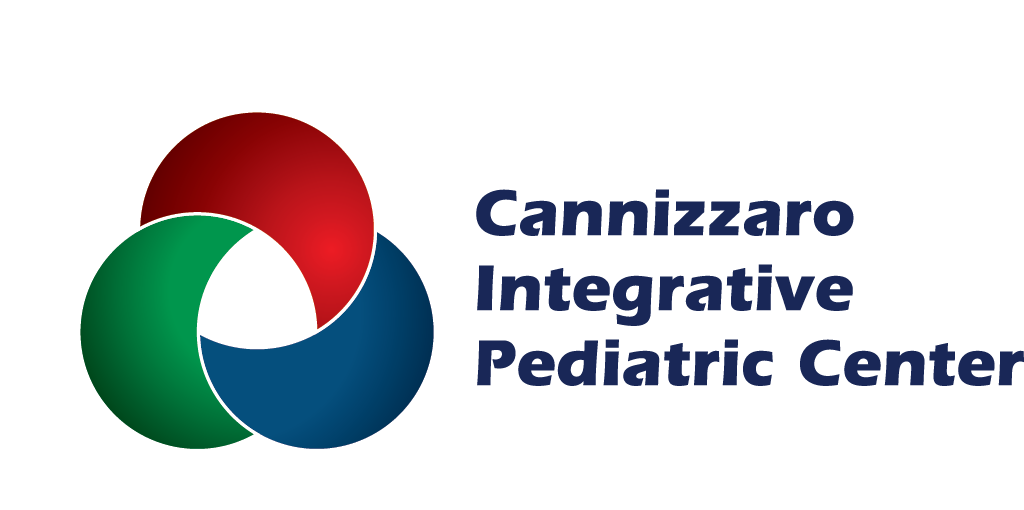
We generally equate a healthy immune system with “not getting sick,” but did you know that your immune system controls your body’s defenses against both infections and inflammatory diseases? All infections are inflammatory to the body. The majority of childhood diseases are inflammatory diseases, which create redness, swelling, pain and warmth. This is the natural defensive response of the body to foreign invaders.
We run into trouble when inflammation becomes “runaway”—this is when chronic inflammatory conditions begin. These conditions include asthma, allergies, chronic ear infections, sinusitis and other chronic infections. When low-level inflammation is allowed to go on for years, chronic degenerative diseases can develop. This list includes Alzheimer’s disease, cancer, diabetes and heart disease.
Keeping the immune system healthy is where we must begin to avoid getting sick, but also to speed recovery from inflammatory conditions. To keep your immune system strong and your defenses up:
1) avoid foods, products and lifestyle habits that cause inflammation and
2) favor foods, supplements, products and lifestyle habits that support immune system function and reduce inflammation.
Sources of Inflammation to Avoid
Inflammatory foods: These include foods like packaged baked goods, canned fruits and soda. The simple carbohydrates in these foods readily break down and release massive amounts of sugar (glucose) into the bloodstream. The body produces insulin to counteract this flood of glucose, as it’s built to do. However, the constant release of insulin is very inflammatory to the body. This is how Type 2 diabetes eventually develops. In the short term, we know that sugar compromises the immune system. Kids who eat a lot of sugar will catch every bug that comes along.
Toxic personal products: Body wash, lotion and the chemicals with which you clean your home all potentially contain toxins that are absorbed through the skin. These toxins interfere with a host of body systems, including the endocrine system (which regulates normal hormone production), the liver (our detox organ, along with the skin) and the brain (our command center). Exposing your body to chemicals creates an inflammatory “toxic load” that the body must overcome. Babies and children with chronic conditions have underdeveloped immune systems and are especially susceptible to the health consequences of toxic overload.
Inflammatory lifestyle habits: Stress and bad sleep habits disrupt cortisol production in the body and our natural circadian rhythm. Cortisol is released by the adrenals when a sudden burst of energy is needed, but unrelenting stress causes it to spike unnecessarily. Just like excess insulin, a prolonged elevation of cortisol is inflammatory to the body. Studies have shown that sleep deprivation also increases inflammation in the body.
How to Actively Reduce Inflammation
Eat Your Antioxidants: Antioxidants and phytochemicals in certain plant foods and botanical medicines reduce chronic inflammatory conditions by neutralizing free radicals. “Eating your colors” via fruits and vegetables provides you with free radical scavengers that boost your immune system and reduce inflammation. Needless to say, eating organic as much as possible will ensure you are not adding toxic pesticides and other chemicals that cause damage in the first place. Many herbs have antioxidant, anti-viral and anti-microbial properties, so be sure to cook with plenty of fresh herbs like rosemary, oregano and turmeric.
Supplement Your Antioxidants: Even if you are doing your best to eat fruits and vegetables, it can become challenging to fit them in every day. Concentrated powder supplements (we recommend Juice Plus+) have been clinically proven to decrease oxidative stress (inflammation). More than 20 prestigious medical and scientific journals have published studies on Juice Plus+ including: The Journal of Pediatrics, Medicine & Science in Sports & Exercise and Journal of the American College of Cardiology. With the help of fruit- and vegetable-based supplements, you can neutralize free radicals “on the go.”
One Surprising Way to Reduce Inflammation
Salt Therapy: Salt therapy helps support the immune system on two levels; it is physically anti-inflammatory and is also calming to the central nervous system. It is performed in a special spa-like room with salt-coated walls and floor, called a halochamber. Pharmaceutical-grade salt is pulverized into microscopic particles and propelled into the room. Salt therapy involves lounging in this cozy room and passively breathing in the particles while listening to soothing music, reading or just relaxing in a zero-gravity chair.
The salt particles enter the lungs through the nasal passages, accelerating mucus clearance and improving lung function while killing harmful bacteria and soothing the respiratory system. This 100% drug-free treatment is effective, has no side effects and may lessen the need for prescription antihistamines, inhalers and nasal sprays. In fact, the New England Journal of Medicine published a study in 2006 that found salt inhalation is an effective complementary treatment for cystic fibrosis. The antibacterial, anti-fungal and anti-inflammatory properties of salt have been documented to help with inflammatory skin conditions such as acne, dermatitis and eczema.
Salt Therapy Provides Relief from Symptoms of these Inflammatory Conditions:
- Allergies
- Asthma
- Bronchitis
- Cold/Flu
- Cystic Fibrosis
- Dermatitis
- Eczema/Psoriasis
- Ear Infections
- Multi-Chemical Sensitivity Syndrome
- Respiratory Infections
- Sinus Infections
- Tonsillitis
Many contributors to chronic inflammatory disease exist in our food supply and environment, but there are also many things we can do to mitigate their effects on our health. An individualized program that integrates changes in lifestyle and diet along with specific nutrient supplementation can be effective in restoring immune defense processes and reducing “runaway” inflammatory conditions.
Image Copyright: djedzura / 123RF Stock Photo





